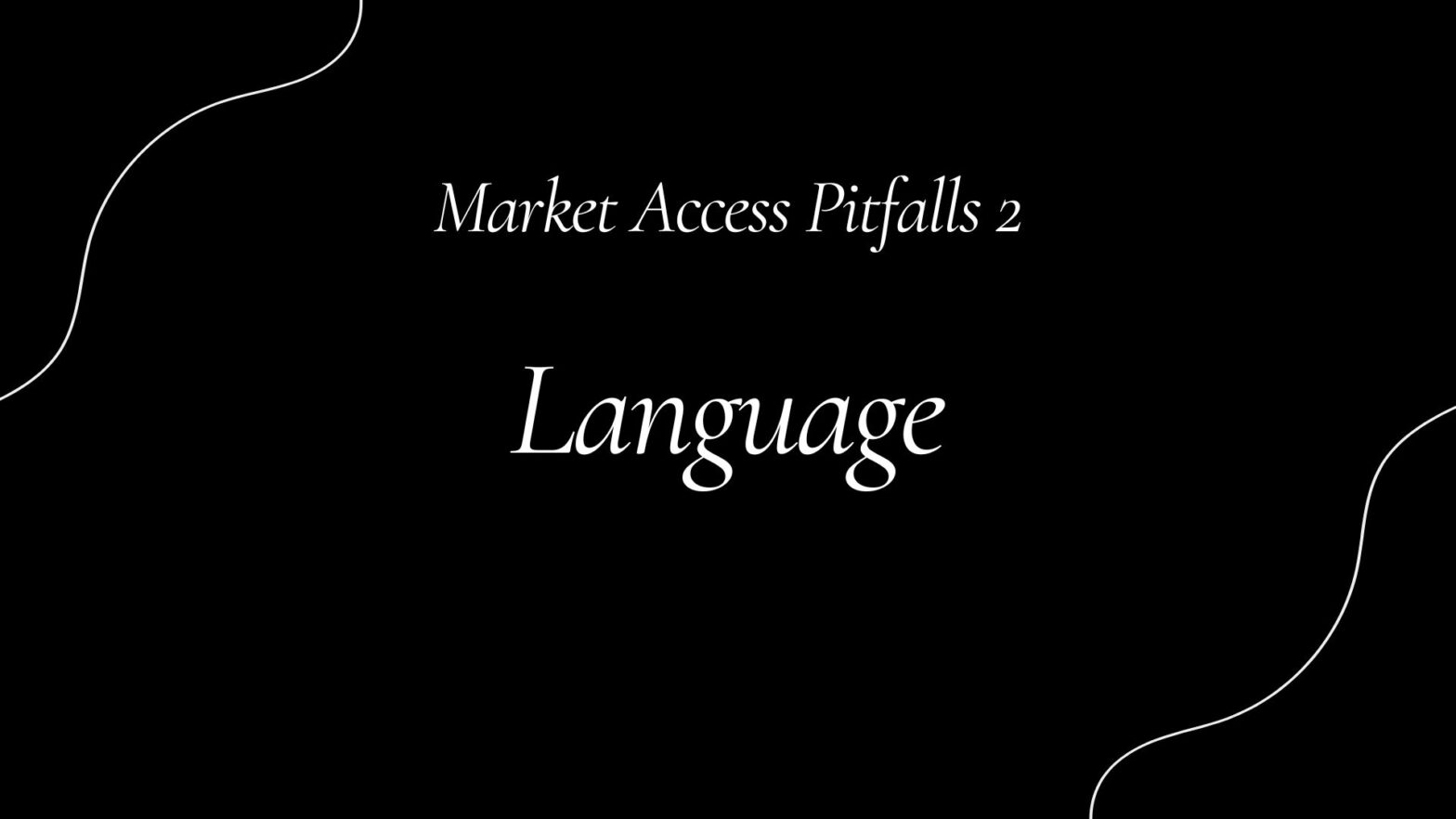I love language and words, that’s why I started a blog. I’ve also been astonished by how things can go wrong with the use of language. Who hasn’t tried to decipher a user manual that was poorly translated from a foreign language, or wondered about strange sentences in dubbed TV shows (idiomatic expressions don’t translate easily)?
When it comes to business, things may not stay funny for too long, though.
Many of my (mostly anglophone) clients would raise their eyebrows when I mentioned language. Did they really need to bother with translations? Yes.
Product Labels
Let’s start with the really bad news. Under EU regulation, you must label your products in the language of the Member State in which they are sold.
Yes, you must. This is not optional. German in Germany, Spanish in Spain, Bulgarian in Bulgaria, and so on.
My clients would typically lament how expensive it was to get all those translations, but if you want to sell in a particular market, it’s the only way.
Brand Names
„What’s in a name?,“ Shakespeare wrote in Romeo and Juliet, „That which we call a rose / By any other name would smell as sweet.“
Yes, but.
Your perfect brand name may be unpronounceable in a foreign language; it may sound ridiculous; it may sound offensive. For instance, I used to work for a German company that shortened its name to „BS“ in presentations. And one of my clients had a brand name that sounded fun in English but is a dairy product in German.
The „wrong“ name may also prevent you from achieving trademark protection. (Yes, you should totally get IP protection. For initial information, speak to your local patent & trademark office, and visit the European Union Intellectual Property Office.)
Your Website
If you are planning to sell D2C, or to grow beyond being stocked in a few small shops, you will need to have a website in German. „Why?“ clients would ask me, „Europeans all speak English!“
Well. Definitely not ALL Europeans. And not everyone who does is comfortable reading an entire website in English. Or motivated enough!
If your product is very unique, you will be able to get away with many things, including an English-only website. But if you have competition, why should Germans labor their way through your English website when they can get a comparable product on a German website?
Germans also tend to trust a German website more than one in a foreign language, especially if you are fulfiling orders from abroad. The German needs to be perfect, or else people will think you are a scammer.
How to Obtain Translations
Obviously, there are human translators available for pretty much any language. They tend to run on the expensive side and may be busy (especially if they specialize in an „uncommon“ language), so you may experience delays. Nevertheless, I would recommend using a human translator for anything that has regulatory relevance, e.g., user manuals and labels. You want your usage instructions to be accurate.
With the recent advances in machine translation (e.g., Deepl currently offers 31 languages), translations can be done very quickly and cost-effectively. In my opinion, machine translation is great for websites and brochures. I would nevertheless strongly suggest that you have a native speaker proofread the results, just to be on the safe side.
For all human translations and revisions, I would strongly suggest that you use someone who lives in Germany, rather than a German who emigrated to your country 25 years ago. For certain details, you will need their local knowledge of how the language is spoken right now. You might wish to refer to my article exploring how good AI powered translations are.

3 Kommentare